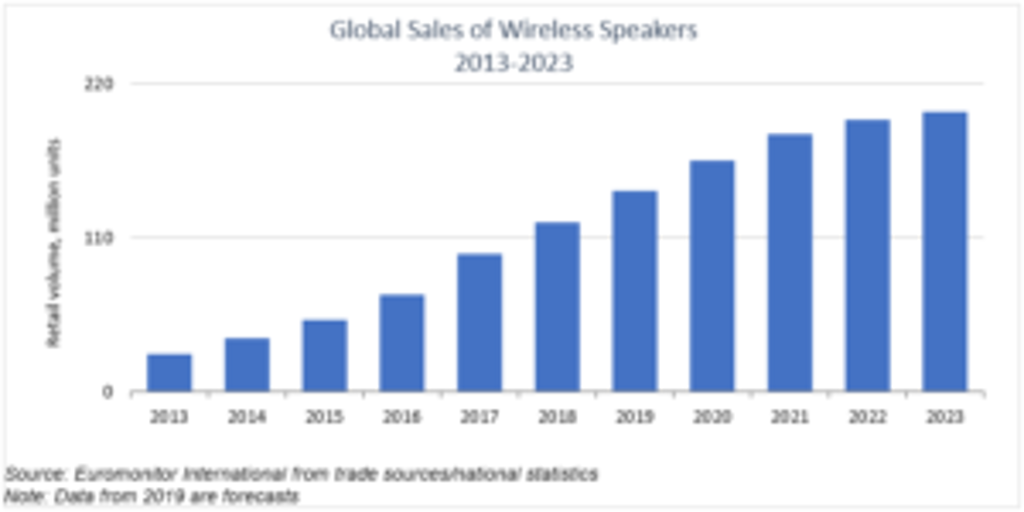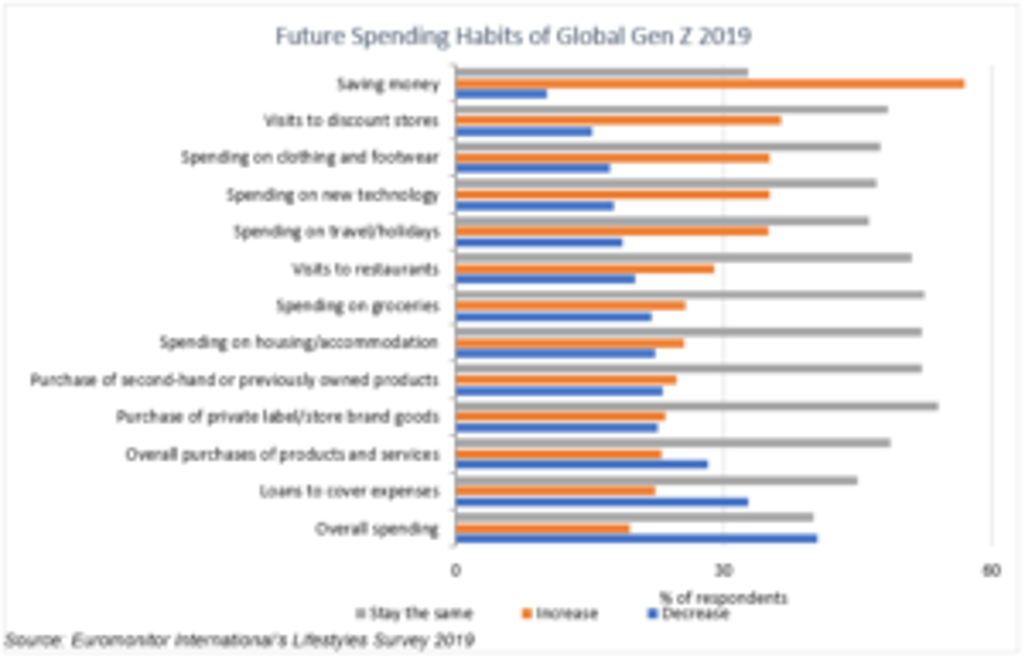Gen Z (born 1995-2009) is now beginning to reach adulthood and by the 2030s many will already have their own family. Being the largest consumer segment— with 1.8 billion members nearly a quarter of the world’s total population in 2018— this generation will have a growing influence on future households.
Like the Millennials, Gen Z will further postpone many of the traditional milestones, such as getting married and having children. However, given their unique characteristics (digitally native, pragmatic, individualistic, open-minded and socially responsible), Gen Z homemakers will take the global households landscape to a new level.
Small, diverse and genderless family
Gen Z will form families later than previous generations and their families will also be more diverse and “untraditional” than ever before. Gender fluidity among this generation means there could be a rise in same-sex marriages, while male homemakers will not be seen as abnormal. As gender boundaries are blurring, marketers will be able to reach a wider group of consumers by embracing gender-neutral marketing policies.
Multi-cultural families will also be on the rise, on the back of migration and Gen Z’s openness to differences. Gen Z households will look for diversity in products and services, ranging from food, clothing to entertainment.
Practical Gen Zers may also choose to have fewer children and smaller households due to the rising living costs in cities, such as the costs of housing and raising children, which have been most notably observed in emerging and developing countries. Businesses targeting future homemakers should be prepared to focus more on mature customers as Gen Zers are likely to be into their 30s when they form families and have children.
Owning smart, spacious homes
While Millennials are known as “Generation Rent”, Gen Z homemakers tend to be more eager to get on the property ladder, being attracted by the economic stability and security offered by owning a home. Financial assistance from influential Gen X parents, stabilising house prices, low-interest rates and technological development are factors that should support Gen Z’s dream of being homeowners.
Gen Z’s digital nativism means smart technology would be a must for this generation’s future homes. Voice technology and AI would play a central role and smart speakers could become the “brains” of Gen Z homes since they offer futuristic qualities at a relatively affordable price.
Gen Z likes spending a lot of time at home, so they tend to prefer space in their home. They will be inclined to spend money on in-home entertainment and innovative, unique products that enable them to have personalised experiences. Kitchen Aid Smart Display, for example, could resonate well with the Gen Z generation, as it ties in with Gen Z’s liking to be at home, using voice controls and doing different tasks at once.

Living smart and responsible
Gen Z’s pragmatism and social-environmental consciousness will drive their future family financial planning and purchasing decisions. Gen Zers will continue to place great importance on saving and investment, so financial products focussing on long-term investments should capture the attention of this generation’s homemakers.

As Gen Zers are often real activists who are committed to changing the world, companies that take stands on social and environmental issues should win over the future homemakers. There will also be more opportunities for the sharing and circular economy, as Gen Zers may not want to own household durables, but still require access to them. Companies targeting the future Gen Z families should make sure that their products are accessible to users (without having to own them) and are designed for longevity and re-use throughout the value chain.
Gen Zers are cautious, critical and informed consumers who seek real opinions from family and friends, meaning they are less influenced by celebrities and influencers than the Millennials. Gen Z homemakers are unlikely to make impulse purchases, nor they are likely to be brand-loyal. Thus, companies should be aware that this household segment will have high expectations for brands when it comes to innovation, technology, experience and real social commitments.
For more information please download the report: “Future of the Family: Generation Z as Homemakers”.
